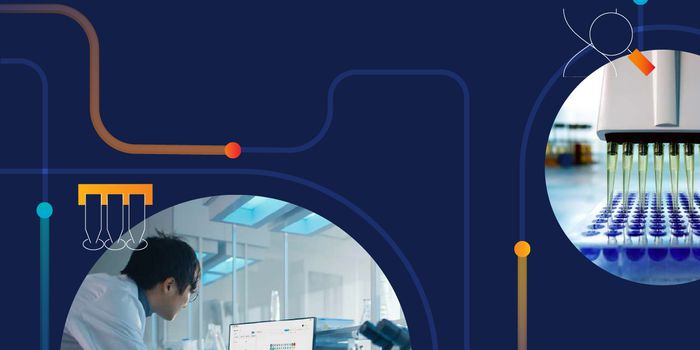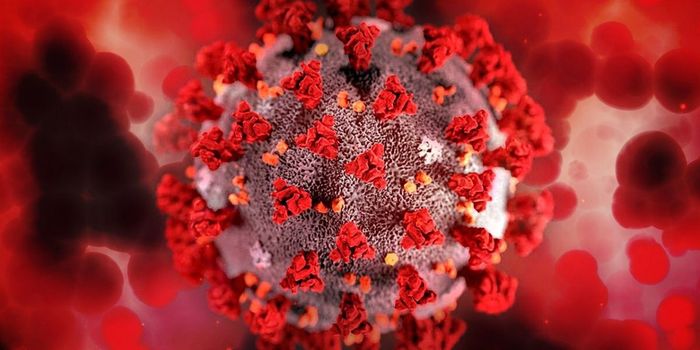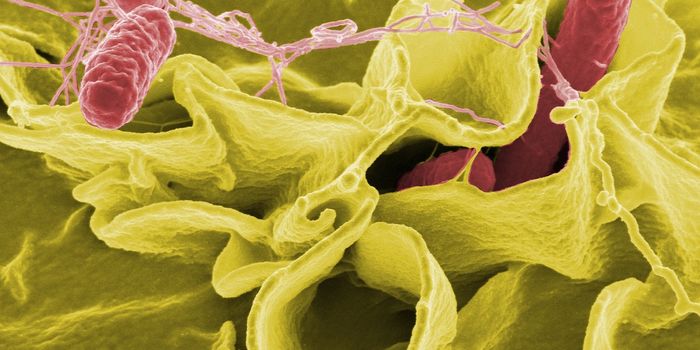Animal Study Edits Genes to Treat Anxiety and Associated Alcohol Use Disorder
Adolescence is a time of exploration, but actions during this period of life can have long-term consequences, one of which may be anxiety and alcohol dependence after adolescent binge drinking. A form of epigenetic reprogramming, where exposure to certain environmental factors at certain ages changes our genes, genetic changes in the brain from heavy alcohol use in adolescence may eventually be treated with gene editing.
Researchers at the University of Illinois Chicago published an animal study in Science Advances explaining how gene editing treated anxiety in rats that were exposed to heavy amounts of alcohol early in life. Before the animal study, the research team had detected a link between altered brain chemistry and binge drinking in adolescence at the enhancer region of the Arc gene (activity-regulated cytoskeleton-associated protein immediate-early gene). They found binge drinking decreased Arc expression in the amygdala, the brain's emotion center, in rodents and humans.
To reverse these long-term changes to the brain from heavy alcohol use in adolescence, the researchers edited the Arc gene using a gene-editing tool, CRISPR-dCas9. This manipulated the histone acetylation and methylation processes at the Arc gene to change its expression and ability to be activated.
In rats exposed to alcohol during their equivalent of adolescence, researchers used dCas9 to promote acetylation, which normalized Arc gene expression to decrease indicators of anxiety and accompanying alcohol consumption. Anxiety in rats was observed by their willingness to explore in maze tests and their preference for alcohol was measured by how much they drank when given choices to consume drinks of varying alcohol levels.
In adult rats without early alcohol consumption, inhibitory dCas9 promoted methylation, which decreased Arc expression. This decrease in Arc expression was associated with increases in anxious behaviors and alcohol consumption.
Researchers in the study state that not only does this research suggest that early binge drinking can have significant chronic effects on a developing brain, but gene editing may be a factory reset for correcting this altered brain chemistry in the future.
Sources: Science Daily, Science Advances








